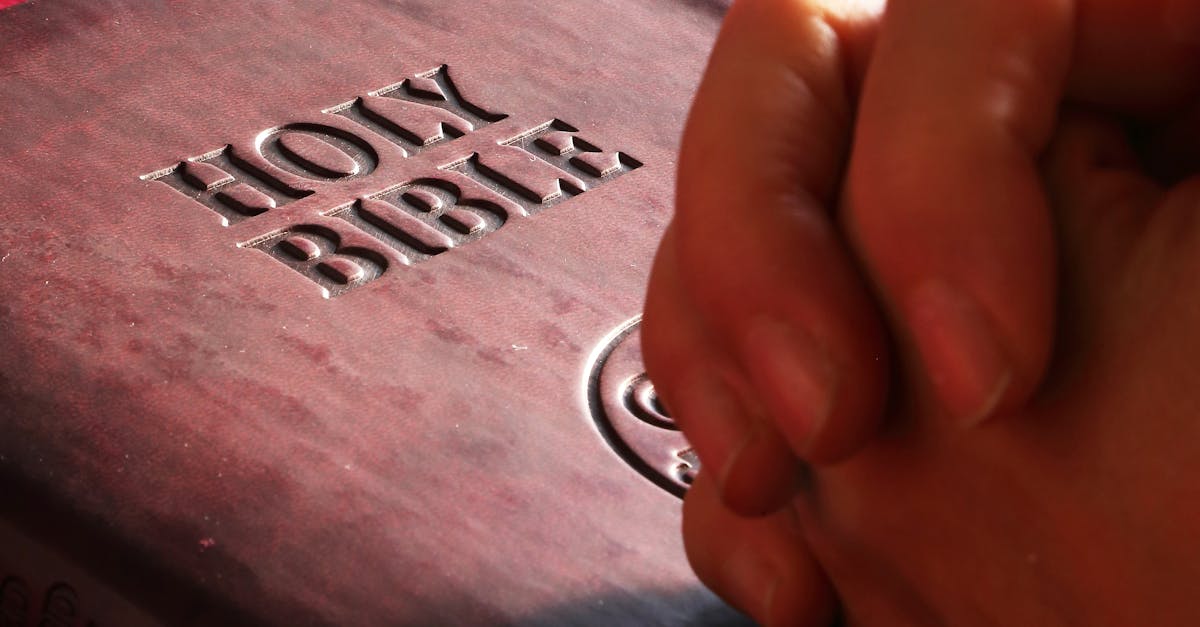Christianity and Catholicism are often used interchangeably, but they represent distinct beliefs and practices within the broader context of faith. Understanding their differences can illuminate the nuances of religious thought and practice in today’s world. Below is a comprehensive comparison that highlights key distinctions between these two influential branches of faith.
| Aspect | Christianity | Catholicism |
|---|---|---|
| Definition | A monotheistic religion based on the life and teachings of Jesus Christ. | A branch of Christianity that recognizes the authority of the Pope and follows specific traditions. |
| Scripture | Primarily the Bible, including both the Old and New Testaments. | The Bible, including the Apocrypha, along with Church traditions. |
| Authority | Varies among denominations; often based on scripture alone (Sola Scriptura). | Hierarchical structure led by the Pope; emphasizes tradition and Church teachings. |
| Sacraments | Varies by denomination; many recognize Baptism and Communion. | Seven sacraments, including Baptism, Confirmation, Eucharist, and others. |
| Salvation | Generally faith alone; some denominations emphasize works. | Faith and works, along with the sacraments, are necessary for salvation. |
| Worship Style | Diverse worship styles depending on the denomination; can be formal or informal. | Formal liturgical practices, including the Mass, with a set structure. |
| Saints | Generally do not emphasize saints; focus on a direct relationship with God. | Veneration of saints, especially Mary, and belief in their intercession. |
Definition
Christianity is a monotheistic religion that centers around the life and teachings of Jesus Christ, who is considered the Son of God and the Savior of humanity. In contrast, Catholicism is a significant branch of Christianity that adheres to specific doctrines and recognizes the authority of the Pope in Rome. While all Catholics are Christians, not all Christians are Catholics, as Christianity encompasses various denominations, including Protestantism, Orthodoxy, and others.

Scripture
Both Christianity and Catholicism base their beliefs on the Bible; however, the Catholic Church includes additional texts known as the Apocrypha in their canon. This collection of books, which are not found in the Protestant Bible, is considered sacred scripture by Catholics and plays a significant role in their teachings and traditions. This difference in the canon of scripture highlights varying interpretations and teachings within the two branches of faith.

Authority
The authority structure differs markedly between Christianity and Catholicism. Many Christian denominations adhere to the principle of Sola Scriptura, which asserts that the Bible alone is the ultimate authority in matters of faith and practice. In contrast, Catholicism operates under a hierarchical structure led by the Pope, who is seen as the spiritual successor to Saint Peter. The Catholic Church emphasizes the importance of both scripture and tradition, relying on Church teachings and the Magisterium (the Church’s teaching authority) to guide believers.

Sacraments
Christian denominations vary in their understanding and observance of sacraments. Most recognize Baptism and Communion as important rites; however, the number and significance of sacraments can differ. Catholicism, on the other hand, acknowledges seven sacraments, which are believed to be channels of grace instituted by Christ. These sacraments play a crucial role in the spiritual life of Catholics, emphasizing the importance of rituals and community in their faith practice.

Salvation
The path to salvation is another area of divergence. Many Christian denominations emphasize salvation through faith alone, while some also incorporate the importance of good works. Catholicism teaches that salvation is a process involving faith, good works, and participation in the sacraments. This belief underscores the Catholic understanding of grace as both a gift from God and a response to human action.

Worship Style
Worship practices within Christianity are highly diverse, ranging from formal liturgical services to informal gatherings. In contrast, Catholic worship is characterized by a formal liturgical structure, particularly in the Mass, which includes specific prayers, readings, and rituals. This structure provides a sense of continuity and tradition that is central to the Catholic faith, while other Christian denominations may prioritize spontaneity and personal expression in worship.

Saints
In Christianity, the role of saints varies widely. Most denominations do not emphasize the veneration of saints, advocating for a direct relationship with God through Jesus Christ. Conversely, Catholicism holds a rich tradition of honoring saints and believes in their intercession on behalf of the faithful. The veneration of Mary, the mother of Jesus, is particularly significant in Catholicism, reflecting the Church’s teachings on her role in salvation history.

FAQ
What is the main difference between a Catholic and a Christian?
The main difference lies in the authority structure and beliefs. Catholicism recognizes the Pope’s authority and adheres to specific traditions and sacraments, while Christianity includes various denominations with differing beliefs about authority and practice.
Do all Christians believe in the same Bible?
No, not all Christians believe in the same Bible. The Catholic Bible includes the Apocrypha, while many Protestant denominations do not recognize these texts as scripture.
How do Catholics view salvation compared to other Christians?
Catholics believe that salvation is achieved through a combination of faith, good works, and participation in the sacraments, whereas many other Christians emphasize faith alone as the means to salvation.
Is the worship style different in Catholicism compared to other Christian denominations?
Yes, Catholic worship is typically more formal and structured, particularly in the Mass, while other Christian denominations may have a more diverse range of worship styles, from formal to informal.
References: [U.S. Conference of Catholic Bishops](https://www.usccb.org), [Pew Research Center](https://www.pewresearch.org), [The Vatican](http://www.vatican.va).
